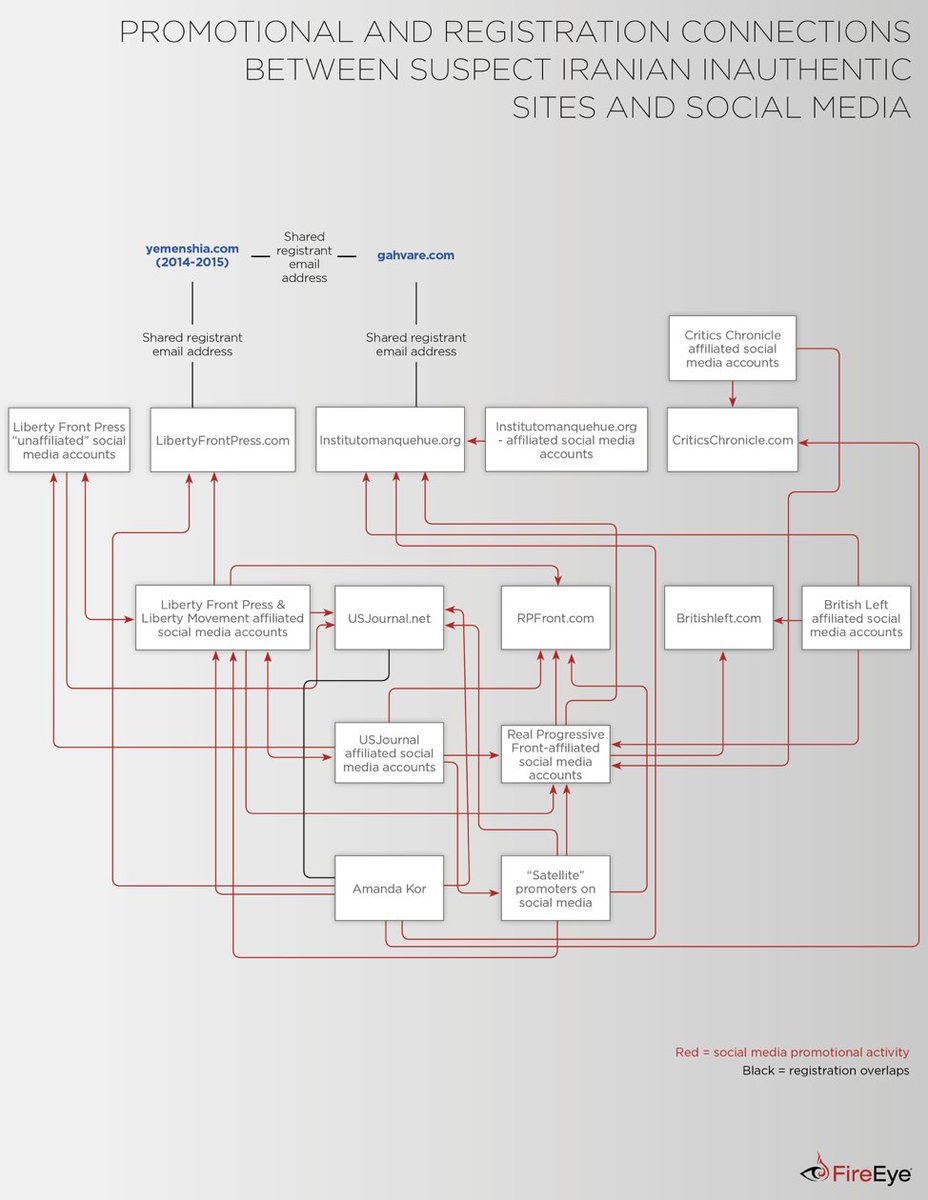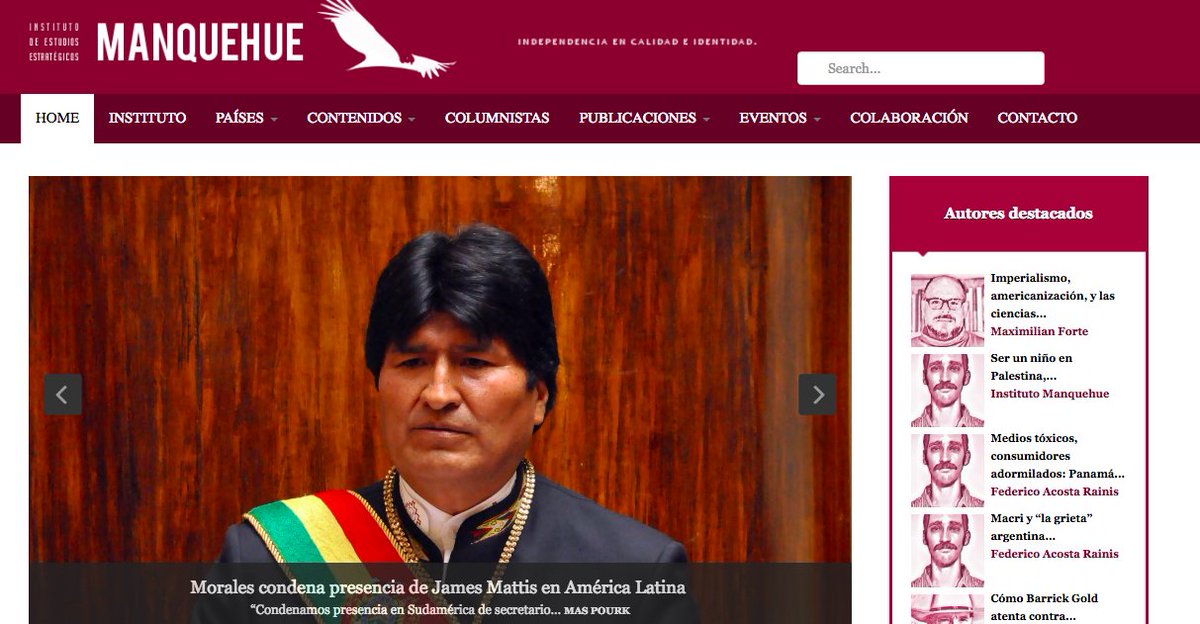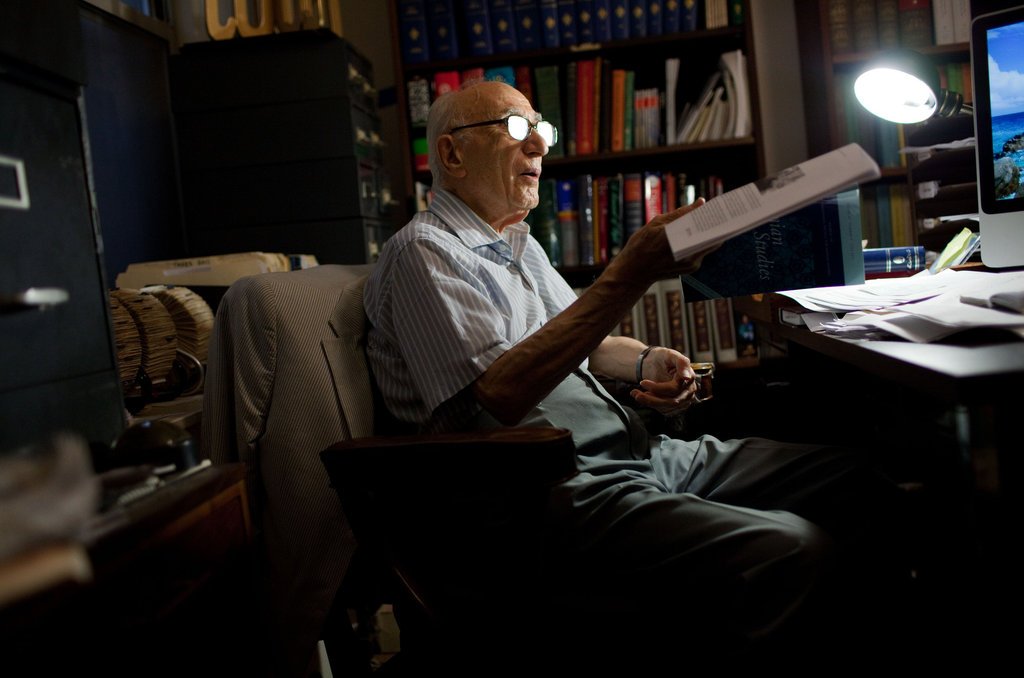1. So #GroupB of the #WorldCup with #Spain, #Portugal, #Morocco and #Iran is the best group ever and we already know what will happen. You just need to look back to the turn of the 16th century and events that linked all of these countries (and Russia). History will repeat. 
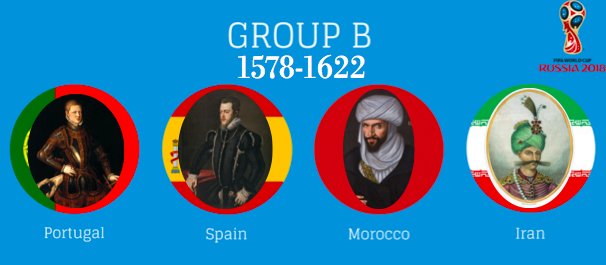
2. In 1578, at the Battle of Ksar El Kebir in Morocco, the young king of Portugal Sebastian I, who had allied with deposed Sultan Abu Abdallah Mohammed against usurper Abd Al-Malik I, died. The next in line, Cardinal Henry, also promptly died. A succession crisis followed. 
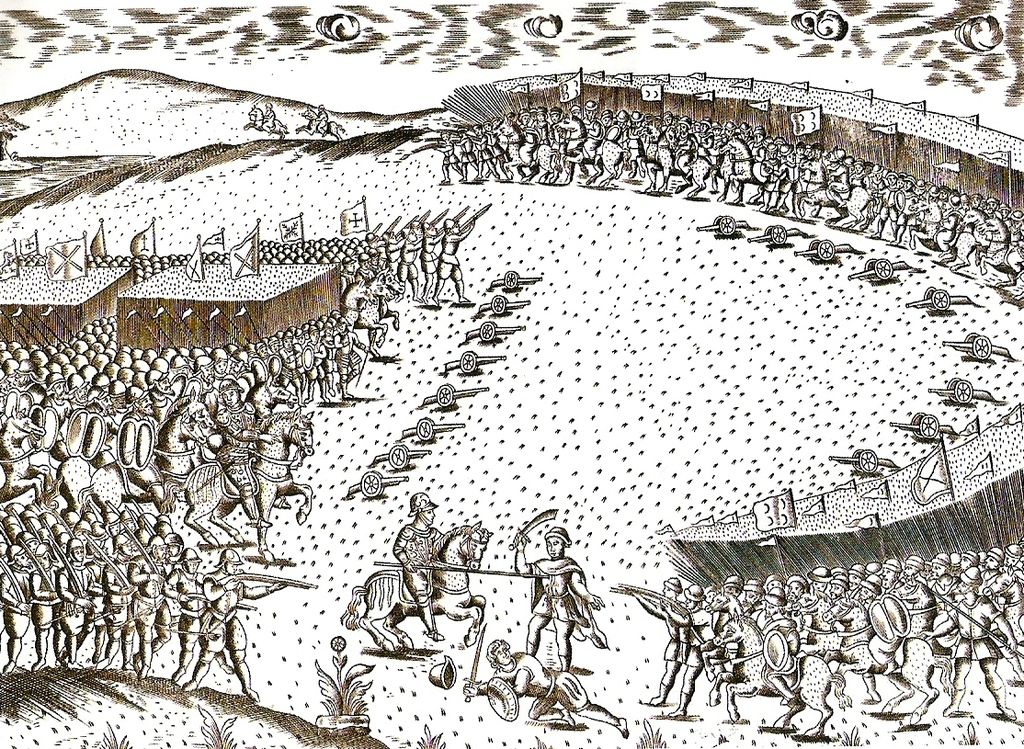
3. The end of the House of Aviz led to the Iberian Union in 1580, when Philip II of Spain marched into Portugal and defeated the troops loyal to the Prior of Crato, another claimant to the throne, in the Battle of Alcântara. Spain and Portugal were united. (Portrait by Titian) 
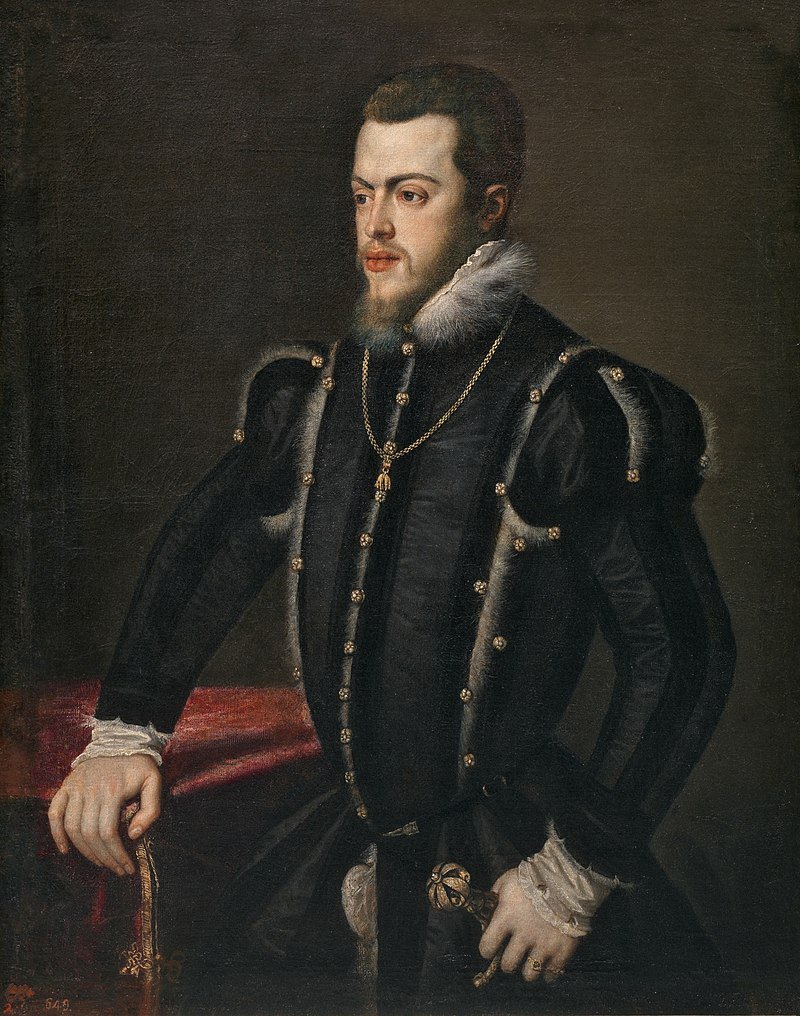
4. Philip II inherited Portugal's vast trading network, built-up over the course of the 16th century. This included the coveted port of Hormuz on the northern coast of the Persian Gulf. Located at the straits of the same name, the port gave Portugal control of routes to the east. 
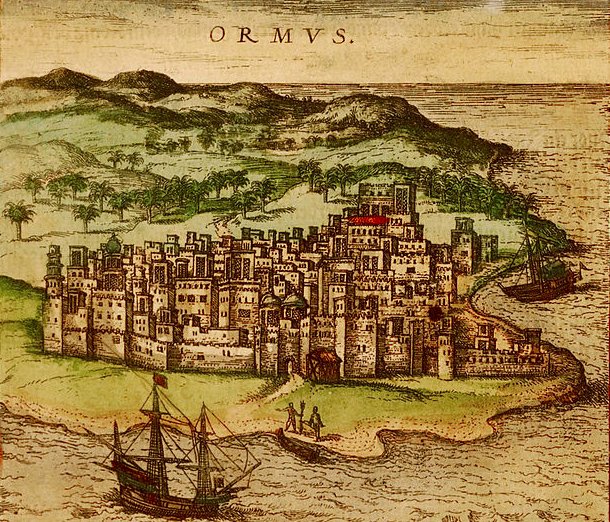
5. Meanwhile, up in Esfahan, Abbas I of the Safavid Dynasty was trying to #MakeIranGreatAgain and resented that he did not control the ports on the Persian Gulf. He wished to declare war on the Portuguese, seeking to expel them from the Persian Gulf and the lucrative silk trade. 
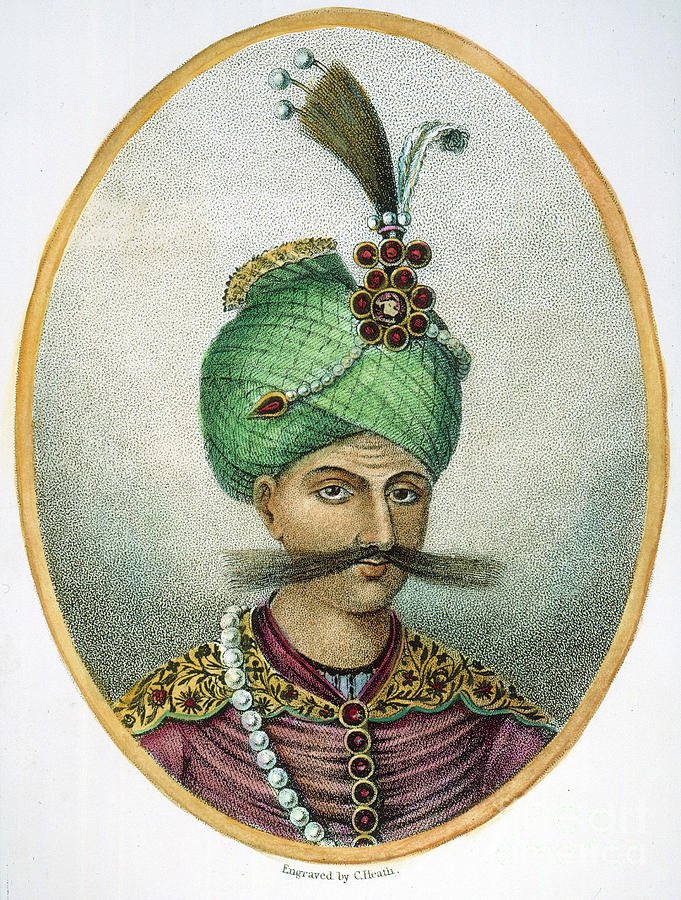
6. But Shah Abbas would need help to beat the Portuguese. That help would come from an unlikely source. Let's back up. #Iran played against #Spain in #Kazan, once capital of the Khanate of Kazan. Ivan the Terrible captured Kazan for Russia in 1552 after a lengthy siege. 
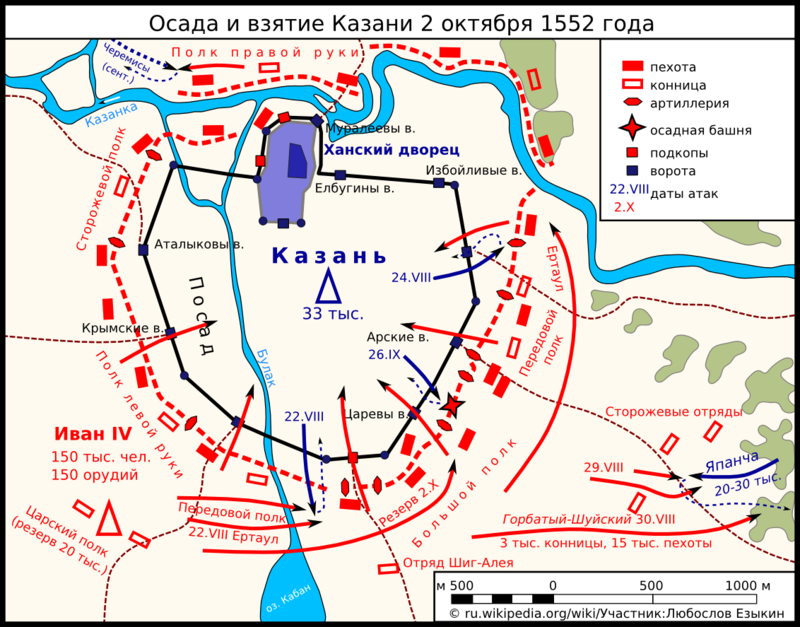
7. News of the conquest reached #Spain, under the rule of our friend Philip II before the Iberian Union. Pope Pius IV + Philip II had been discussing a new crusade against the Ottomans and they wanted to enlist the help of the Safavids, the Turks' regional rivals. Scheming Pope. 
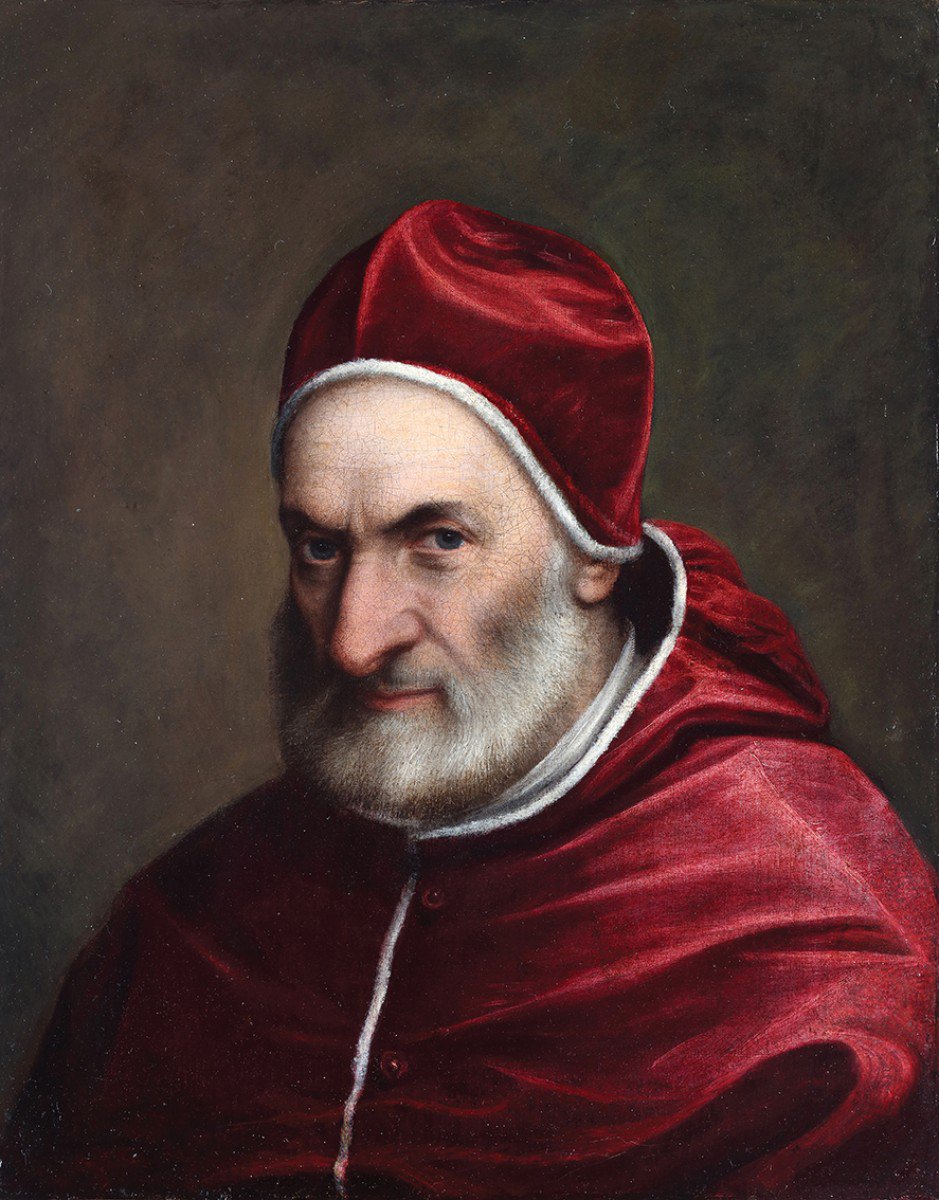
8. Pius IV + Philip II reached out to the #Portuguese, who were already in the region, to ask them to speak to the Safavids Persians and sound out the idea of an alliance. But the Portuguese were reluctant to get involved politically. So a new emissary needed to be found.
9. Philip II selected Sir Richard Shelley, "an English cleric and member of the Maltese Order who had lived in Istanbul for several years and who previously had conducted several diplomatic missions for the English Crown."
10. Shelley was dispatched to "visit the Emperor in Vienna who would send himon to Poland and Muscovy—whence access to Iran had been facilitated
with the Russian seizure of Kazan and Astrakhan in 1552 and 1554
respectively." So #Kazan was how #Spain's envoy would reach #Iran.
with the Russian seizure of Kazan and Astrakhan in 1552 and 1554
respectively." So #Kazan was how #Spain's envoy would reach #Iran.
11. Shelley didn't make it beyond Vienna however. Political turmoil in Europe, and the signing of an armistice by the Ottomans put to bed plans for a new crusade. That is, until about 20 years later, when the Portuguese sensed a new opportunity to beat the Ottomans.
12. After the defeat of the Ottoman navy at the Battle of Lepanto in 1571, the Portuguese thought they could decisively defeat the Ottomans who were interfering with trade between the Far East and Europe. Again, Safavid Persia was seen as a possible ally. 
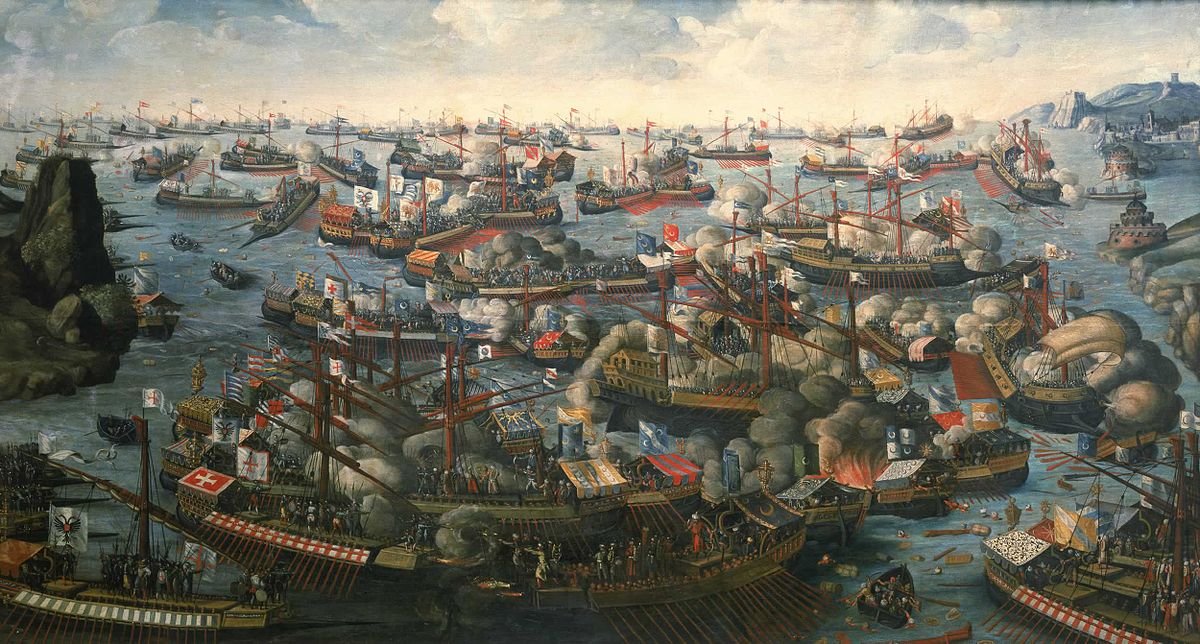
13. The Portuguese King Sebastian, who would die in Morocco within the decade, sent Abreu de Lima, "a Portuguese nobleman who had served many years in India, to exhort Shah Tahmasp to declare war on the Turks." De Lima finally made it to Qazvin to the court of Tahmasp in 1575. 
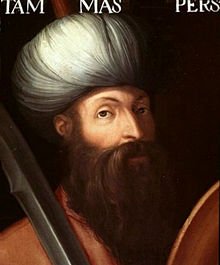
14. A contemporary account from a Persian source describes "an impressive mission of fifty retainers," and adds that the envoy brought a number of rare items as presents for the shah, "the like of which has rarely been seen in the lands." But it wasn't enough.
15. Tahmasp's nephew, who was acting as a stand-in for the ailing shah, "expressed his astonishment that such a great king as was the
king of Portugal only sent... a relatively small present, estimated to be worth
2,000 ducats less than the items he had received in return."
king of Portugal only sent... a relatively small present, estimated to be worth
2,000 ducats less than the items he had received in return."
16. The Persians basically tried to shake down de Lima to make up the rest, "and not finding gold or money, took his and his entourage’s horses as well as his silverware, and sold both for whatever was offered." A 16th century episode of @pawnstars. 
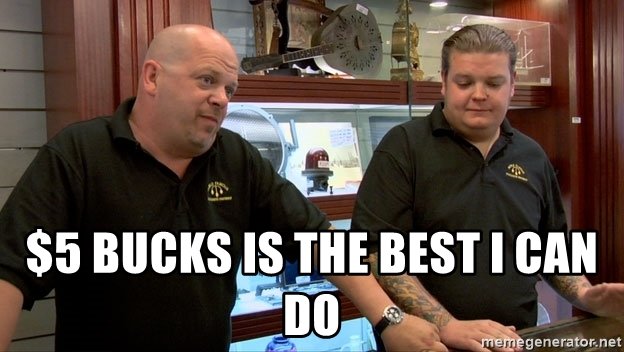
17. Once again, a European attempt to get the Iranians to fight the Ottomans had unravelled. But the failed mission further soured Safavid-Iberian relations. Shah Tahmasp died a year later, in 1576. A decade of political turmoil followed until Shah Abbas seized the throne in 1588
18. Shah Abbas wanted to make Safavid Iran a great power once again, and he saw the Ottomans as his main rival. But his kingdom's army was in shambles and his borders porous. Ottomans to the west, Portuguese to the south, bandits to the east. Modernization was needed.
19. In come the Shirley brothers, Robert and Anthony (Robert pictured), who traveled to Safavid Persia in 1599 and began to train Abbas' army in the latest methods of warfare. Basically like a foreign coach coming in to train #TeamMelli. 
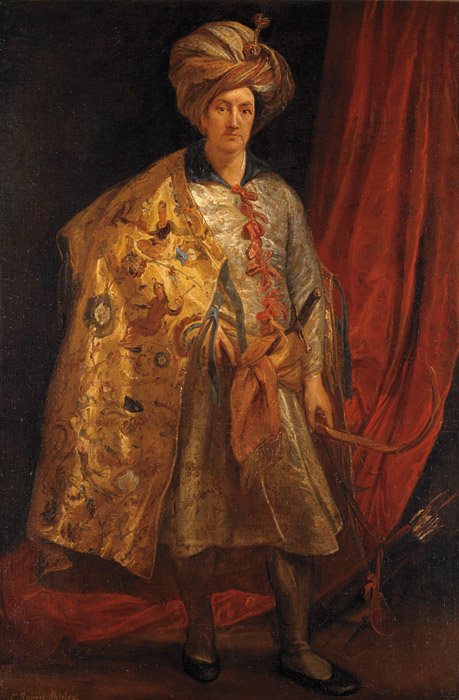
20. While his army was strengthening, it was Shah Abbas' turn to seek European support for a war on the Turks. Anthony Shirley led a diplomatic mission to the West, traveling via Moscow, to Prague, Munich, Venice, Madrid, and Lisbon, from which they hitched a ride back to Hormuz.
21. This mission didn't go well either. The Iberian Union, now led by Philip III, was offered "trading rights and the chance to preach Christianity in Iran in return for help against the Ottomans." But Hormuz was the "stumbling block." Abbas wanted the port of Hormuz back.
22. The Spanish king Philip did not want to order the Portuguese to leave Hormuz while Shah Abbas was growing closer to the British, whose East India Company was beginning to rival Portuguese trade dominance in the Indian Ocean. The plot thickens.
23. If the Iberians weren't going to help against the Ottomans, Shah Abbas was just going to have to do it himself. He began the Ottoman-Safavid war in 1603, surprising Ottoman forces and capturing Tabriz. The training had paid off. They put heads on stakes! 
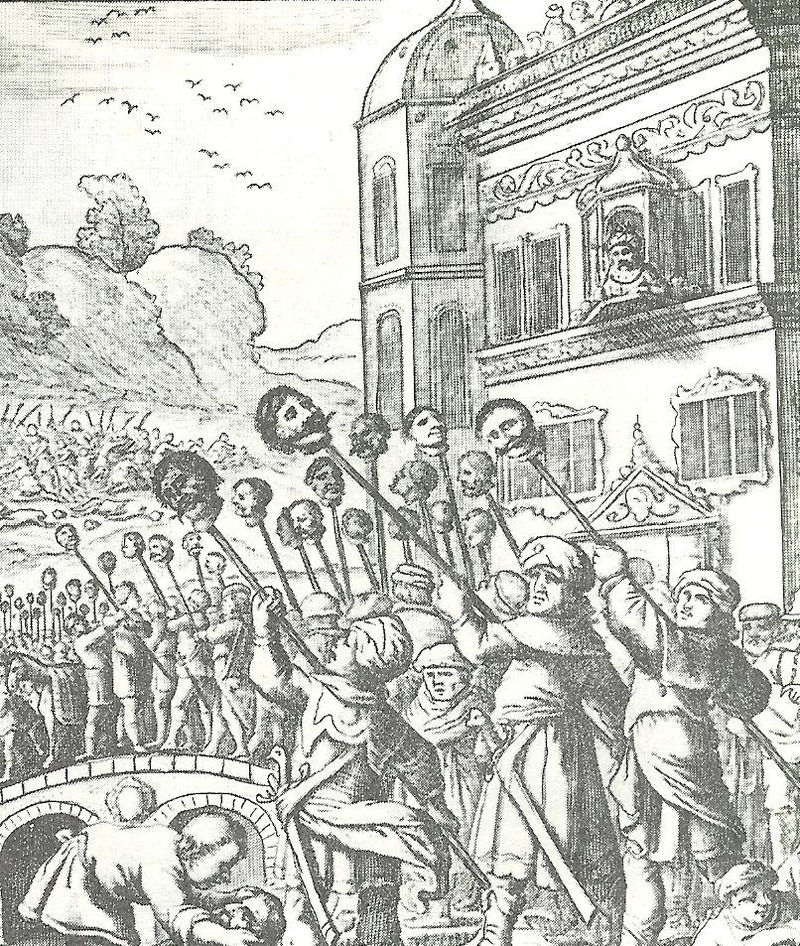
24. The war dragged on. Abbas needed help, so he sent Anthony Shirley directly to King James (of Bible fame) in 1608 to seek his assistance against the Turks. The British didn't help in the war, which ended in a stalemate in 1618, but they did sign a trading agreement in 1616.
25. Eyeing lucrative trade, and assisted by the British (I mean Queiroz was at Man United), Abbas finally defeated the Portuguese in Hormuz in 1622, creating a new port called Bandar Abbas on the mainland.
TL:DR In #GroupB, Spanish lose to Morocco and the Portuguese lose to Iran
TL:DR In #GroupB, Spanish lose to Morocco and the Portuguese lose to Iran
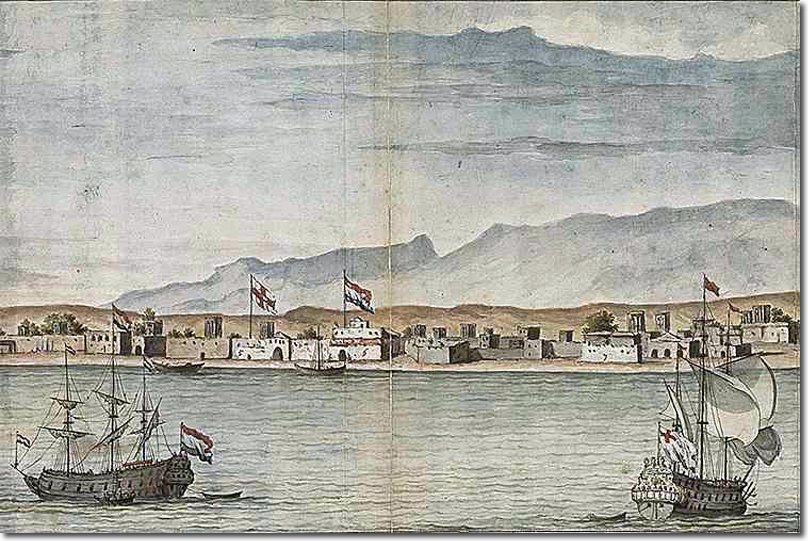
P.S. If this period of Persian Gulf history fascinates you, the world's foremost authority is Willem Floor, a retired Dutch energy executive who writes intense, deeply researched history for fun. @MagePublishers has published volumes of his work:
magepublishers.com/producttags/wi…
magepublishers.com/producttags/wi…
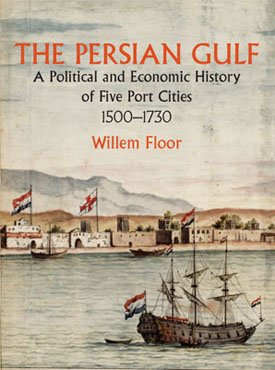
• • •
Missing some Tweet in this thread? You can try to
force a refresh


